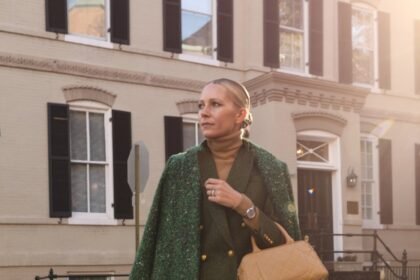In May this year, I attended a political rally, at Kazo Secondary School playground in Kazo District, organized by one of the District Woman Member of Parliament (MP) contestants Hon. Jennipher Muhesi and to my surprise, the artists who included Ray G, Sister Charity and Rasta Dog took more time entertaining the masses (about four hours) than the candidate herself, who spent a few minutes addressing the crowd.
After the concert-cum-political rally, most concert goers vacated the playground, leaving the political candidate to share her message with the few people who remained behind, whom I suspect only lingered to eat the free food the MP had prepared!
This clearly portrayed an impression that most people had only come to see the artists and get entertained–not listen to the political message. She is not the only MP who hosts such expensive events, many others are doing the same in this political campaign period to win people’s hearts and increase their popularity.
In recent years, Uganda has witnessed an increase in the commercialization of politics, where political campaigns have increasingly transformed into vibrant music concerts evidenced by the candidates overpaying some famous Ugandan musicians to entertain their ‘voters’ for example, Eddy Kenzo, Spice Diana, Ray G in the western part of Uganda and many others to perform at their political rallies in their constituencies. Yes, you might want to entertain your potential voters, but isn’t this a waste of money?
Isn’t there a better way to win people over to you? Morally speaking, many bad things usually happen during such political concerts. For instance, stealing people’s phones, drinking a lot of alcohol (because the alcohol is usually free) and after getting drunk, some concertgoers fornicate.
As a concerned citizen, I condemn this act because firstly, most of the people come to enjoy the music from their favorite artists, not to get any developmental message from political candidates.
By the time these candidates come on stage, most of the concertgoers have left the venue because they had come to listen to their favorite music artists, so they are not interested in listening to political speeches.
Secondly, the political message is diluted, as the artistic presentation (concert) may overshadow the political message, which can also lead to lack of informed voting, whereby voters might be drawn to candidates based on their favorite artists resulting in less-informed electoral choices.
The writer is a third year public relations student at Makerere University




